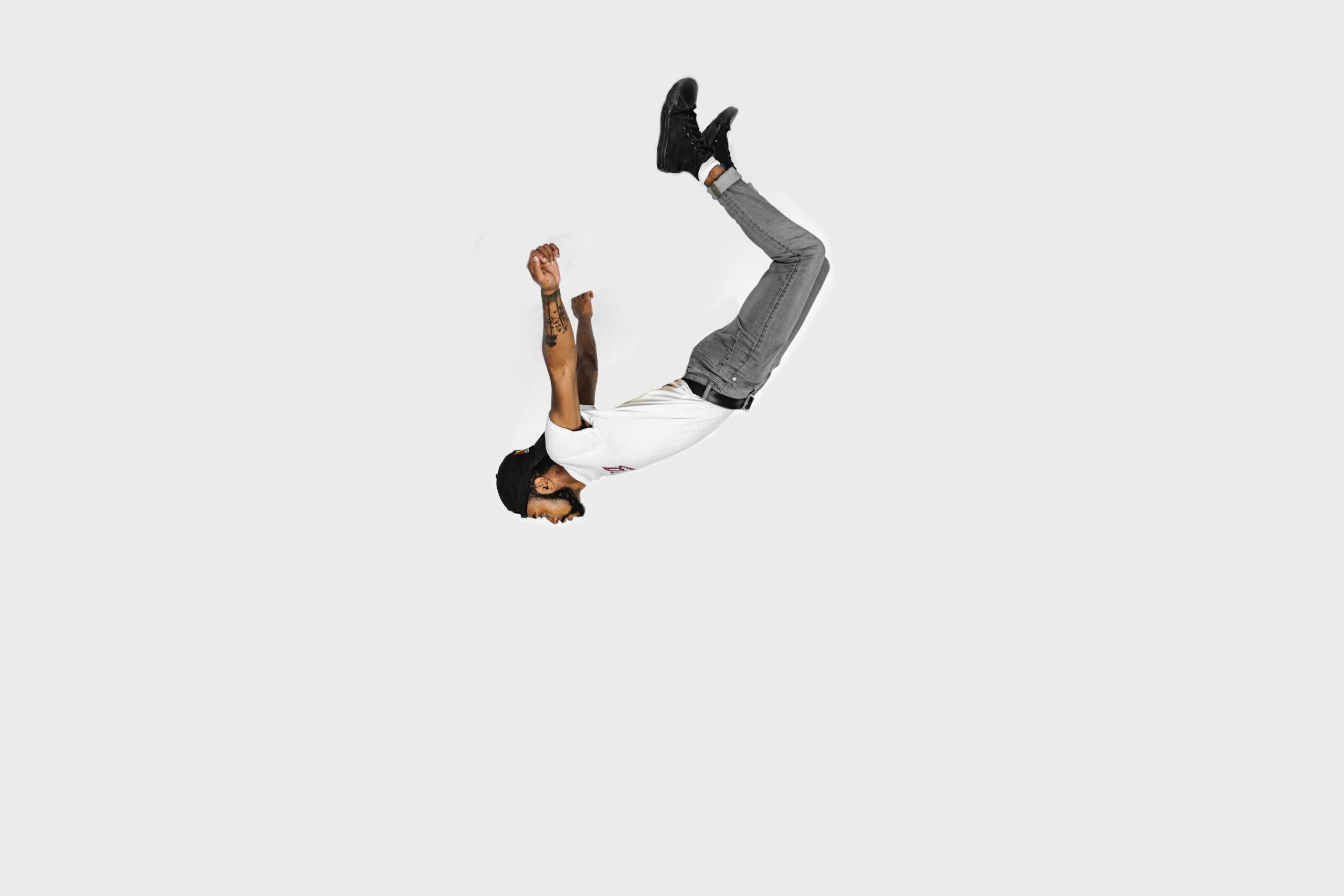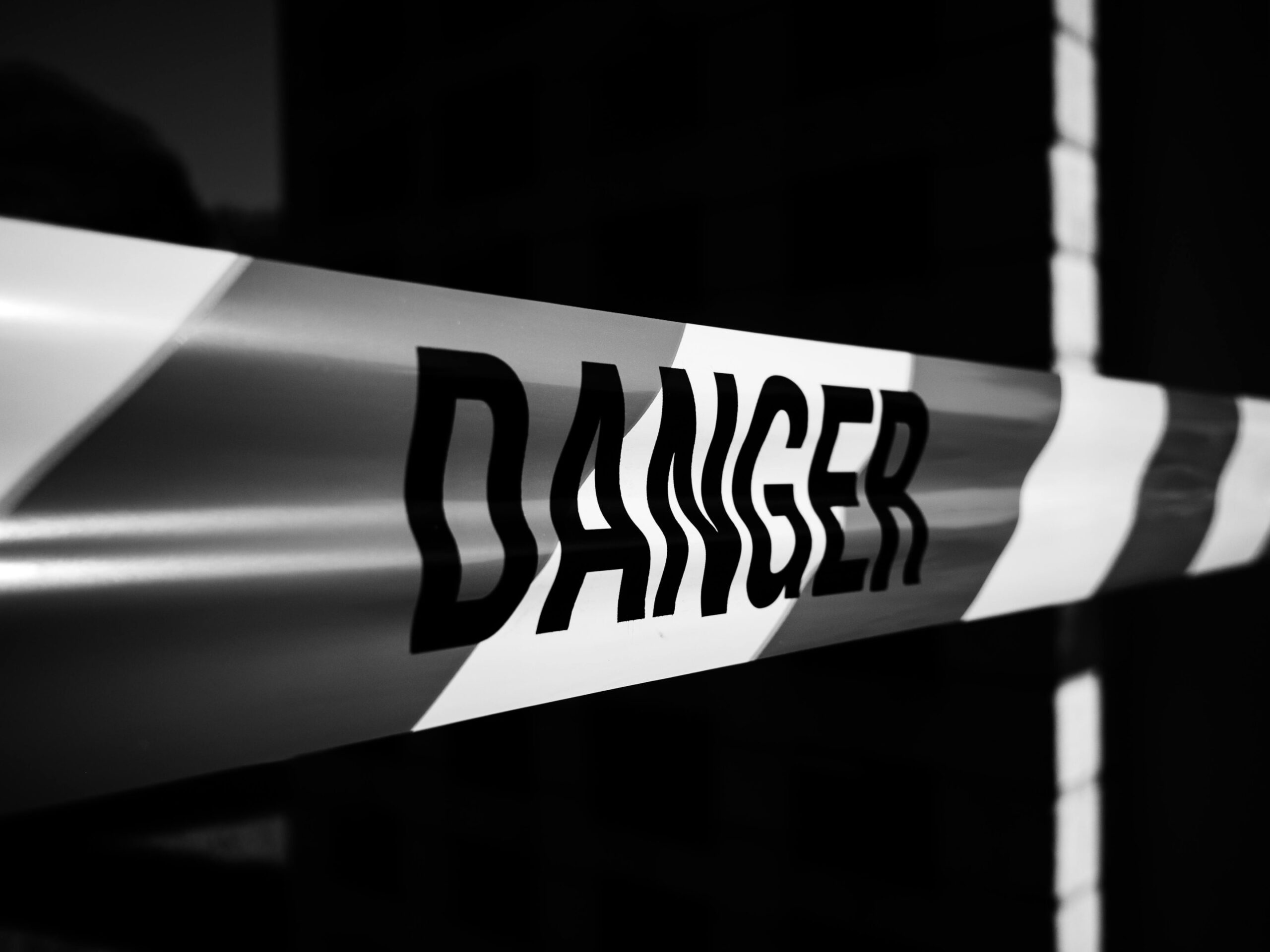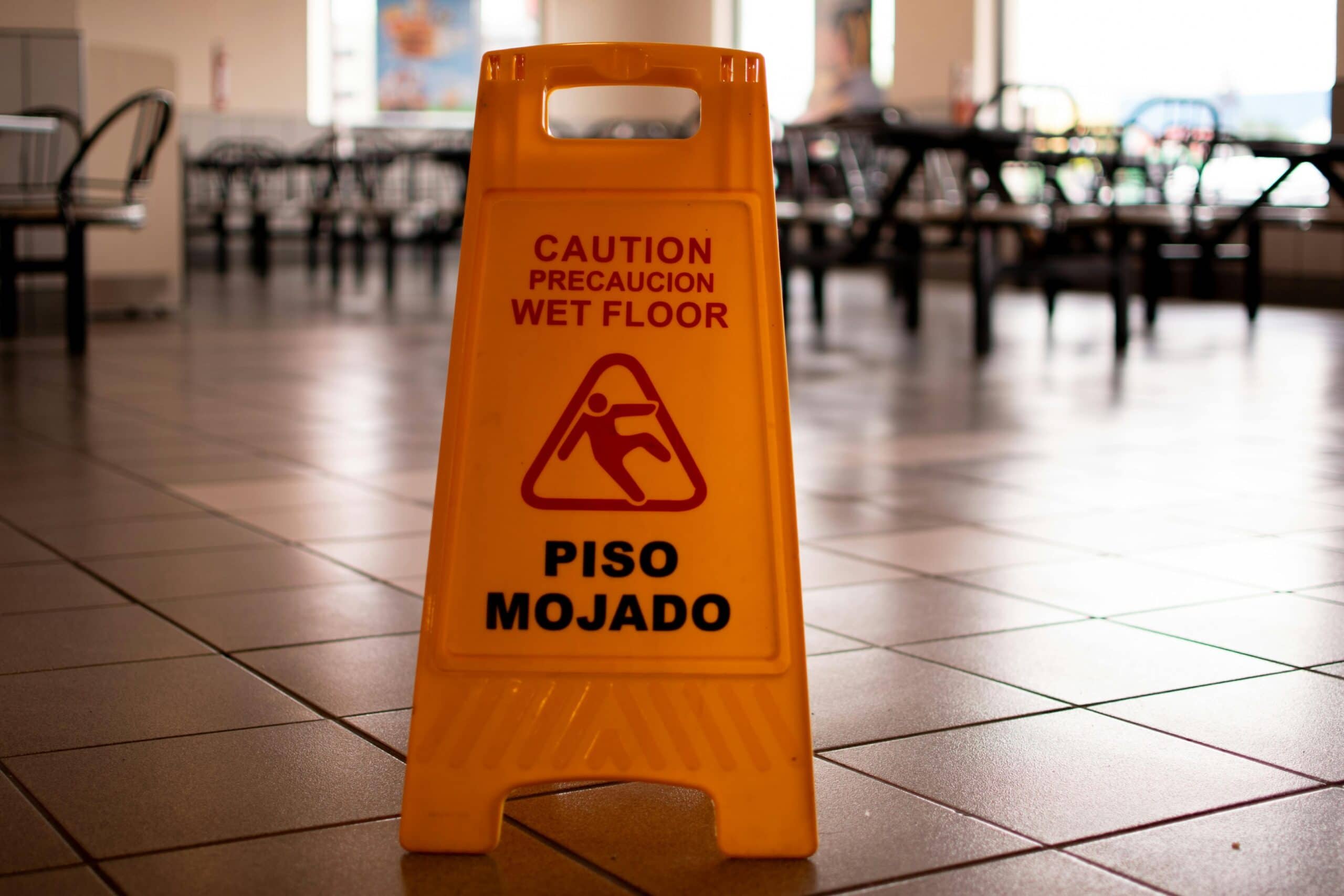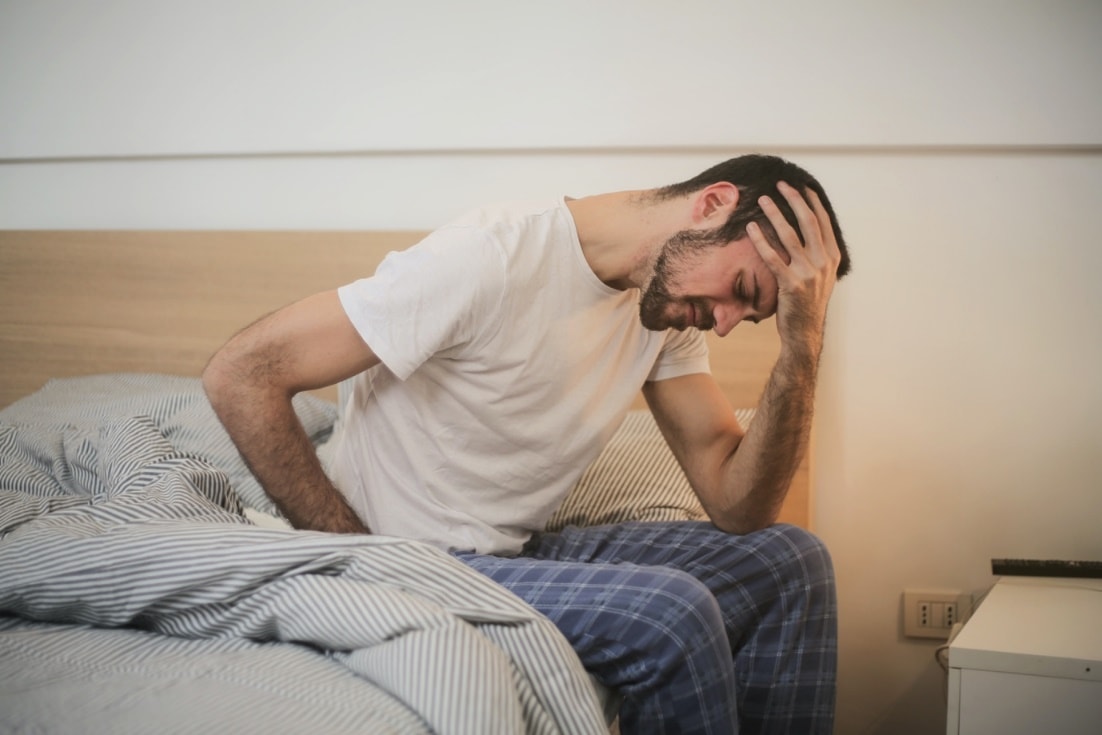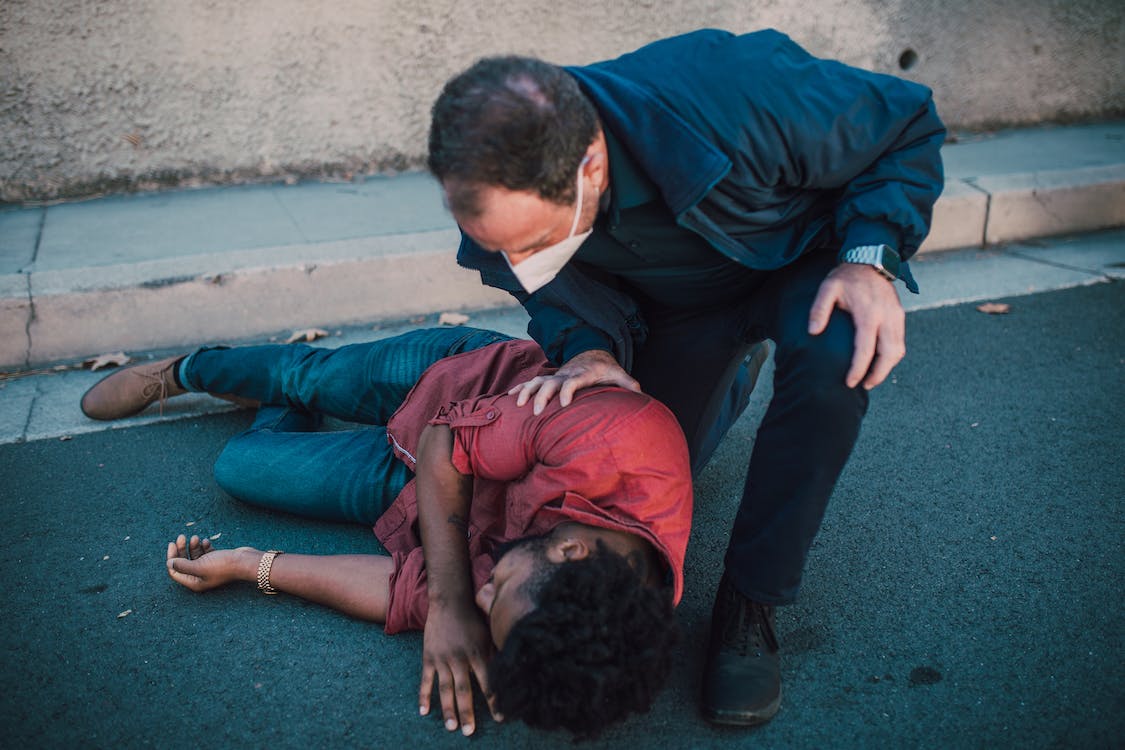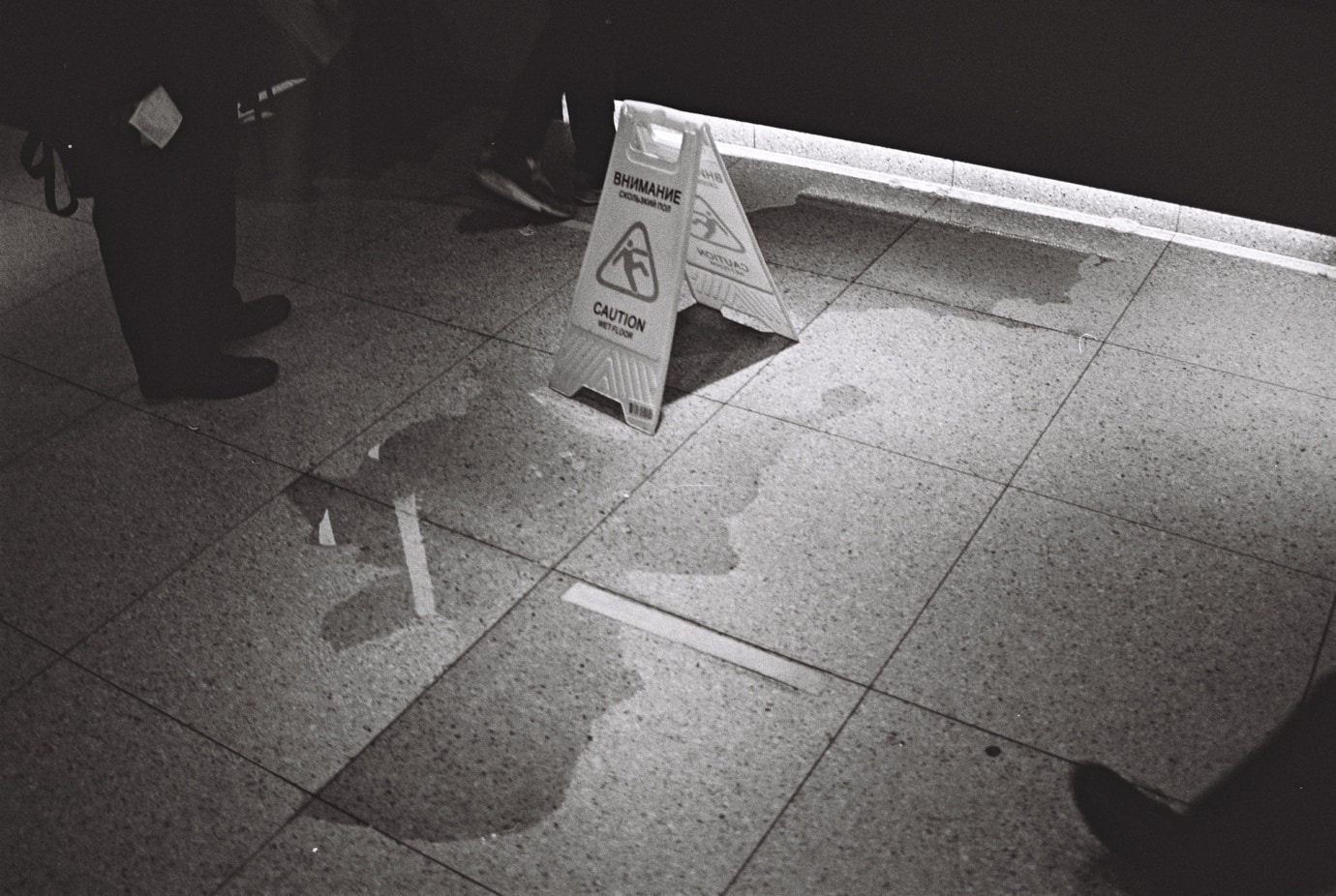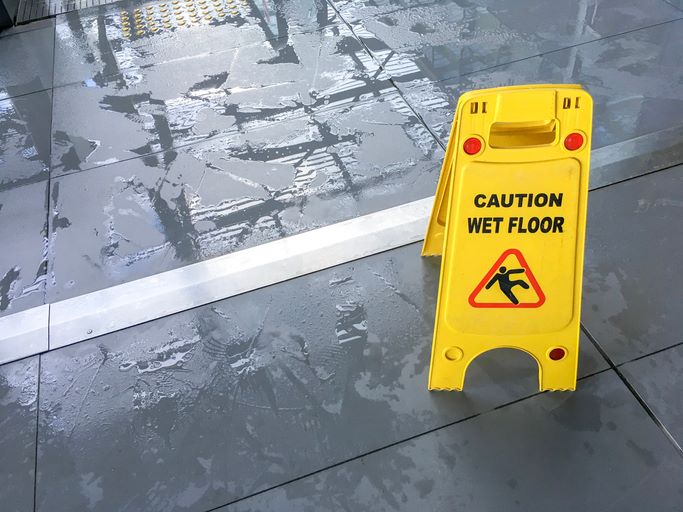
Slipping on a wet floor can happen in an instant, turning an ordinary day into a painful ordeal. The resulting injuries, medical bills, and time off work can be overwhelming. But can you claim compensation for slipping on a wet floor? In this guide, we’ll delve into the legal complexities surrounding slip and fall accidents, wet floor signs, property owner liability, and the steps you should take if you find yourself in such a predicament.
Understanding Slip and Fall Accidents
Slip and fall accidents occur when someone loses their footing due to a slippery surface and falls, resulting in injuries. These accidents can happen anywhere, from grocery stores and retail establishments to private residences and public sidewalks. When it comes to proving liability in a slip and fall case, several factors come into play.
Can I Claim for Slipping on a Wet Floor?
Yes, you can potentially claim compensation for slipping on a wet floor if the accident was caused by negligence on the part of the property owner or manager. Factors such as the presence of warning signs, the property owner’s duty of care, and the circumstances surrounding the accident will determine the viability of your claim. It’s essential to consult with a personal injury attorney to evaluate your case and explore your legal options.
Property Owner Liability
Property owners have a legal duty to maintain safe premises for visitors. This duty extends to promptly addressing any hazards, such as wet floors, and taking measures to prevent wet floor accidents. However, determining liability in slip and fall cases can be complex and depends on various factors, including the circumstances leading up to the accident and the actions (or inactions) of both the property owner and the injured party.
Wet Floor Signs: Do They Impact Liability?
One of the most common questions asked is whether the presence of a wet floor warning sign affects liability. While the existence of a warning sign does demonstrate that the property owner took some measures to alert individuals of the hazard, it doesn’t automatically absolve them of responsibility. The key factor is whether the property owner took reasonable steps to prevent accidents and ensure the safety of visitors.
Can I Still File a Lawsuit if a Wet Floor Sign Was Present and I Slipped?
Yes, you can still file a lawsuit if a wet floor sign was present and you slipped. The presence of a warning sign does not automatically absolve the property owner of liability. If it can be demonstrated that the property owner was negligent in addressing the hazardous condition or if they caused the hazard through negligence, you may still have grounds for a slip and fall lawsuit to seek compensation for your injuries.
When Is a Property Owner Still Liable if a Wet Floor Sign Was Posted?
A property owner may still be liable for a slip and fall accident even if a wet floor sign was posted under several circumstances:
Visibility and Placement of the Sign: Was the wet floor sign placed in a noticeable location where it could be easily seen by visitors? If the sign was obscured or placed in an area where it was not easily visible, the property owner’s warning may not have been adequate.
Promptness of Action: Did the property owner take prompt and reasonable steps to address the hazardous condition? Even if a wet floor sign was present, the property owner may still be liable if they failed to promptly clean up the spill or address the source of the water, leading to an unreasonably prolonged hazard.
Negligence or Recklessness: If the property owner’s actions or lack thereof contributed to the accident, for example, if they knew about the hazardous condition but chose not to take any action or if they caused the spill through negligence or recklessness—they may still be held liable for any resulting injuries.
Comparative Fault: In some cases, the court may consider the comparative fault of both parties involved in the accident. If it’s determined that you were partially responsible for the accident, for example, if you were distracted or not paying attention to your surroundings, the amount of compensation you may be entitled to could be reduced accordingly.
Proving Liability in Wet Floor Slip and Fall Cases
To establish liability in a wet floor slip and fall case, several elements must be proven:
Duty of Care: The property owner owed a duty of care to the injured party.
Breach of Duty: The property owner breached this duty by failing to address the hazardous condition or adequately warn visitors.
Causation: The hazardous condition directly caused the slip and fall accident and resulting injuries.
Damages: The injured party suffered actual damages, such as medical expenses, lost wages, and pain and suffering.
Compensation for Slip and Fall Injuries
If you’ve been injured in a slip and fall accident, you may be entitled to compensation for various damages, including:
Medical Expenses: This includes hospital bills, doctor’s visits, medication, and rehabilitation costs.
Lost Wages: If your injuries prevent you from working, you may be compensated for lost income.
Pain and Suffering: Non-economic damages such as physical pain, emotional distress, and loss of enjoyment of life.
Other Damages: Depending on the circumstances of the case, you may also be entitled to compensation for property damage and future medical expenses.
Validity of Wet Floor Accident Claims
Determining the validity of a wet floor accident claim requires a careful examination of the facts surrounding the incident. Factors such as the presence of a wet floor sign, the actions of the property owner, and the extent of the injuries sustained will all be taken into consideration.
Time Limit for Filing a Claim
It’s essential to be aware of the statute of limitations for filing a slip and fall claim in Nevada. In most cases, you have two years from the date of the accident to file a lawsuit. Failing to meet this deadline could result in the forfeiture of your right to seek compensation.
How to Claim Compensation for Slipping on a Wet Floor
If you’ve slipped on a wet floor and suffered injuries, here are the steps you can take to claim compensation:
Seek Medical Attention: Your health and safety should be your top priority. Seek medical attention immediately, even if your injuries seem minor. Medical documentation of your injuries is crucial for your compensation claim.
Report the Incident: Inform the property owner or manager about the accident as soon as possible. Ask them to fill out an incident report detailing the circumstances of the fall.
Gather Evidence: Collect as much evidence as possible from the scene of the accident. Take photos of the wet floor, any warning signs, and your injuries. Obtain contact information from any witnesses who saw the incident occur.
Document Expenses: Keep records of all expenses related to the accident, including medical bills, transportation costs, and any other expenses incurred due to your injuries.
Consult with a Personal Injury Attorney: It’s advisable to seek legal guidance from an experienced personal injury attorney. They can evaluate your case, advise you on your legal rights, and help you navigate the claims process.
File a Claim: With the assistance of your attorney, file a claim with the property owner’s insurance company. Provide them with all relevant evidence and documentation to support your claim.
Negotiate a Settlement: The insurance company may offer a settlement to resolve your wet floor injury claim. Your attorney can negotiate on your behalf to ensure that you receive fair compensation for your injuries and losses.
Consider Litigation: If a fair settlement cannot be reached through negotiations, your attorney may recommend filing a lawsuit against the property owner to pursue compensation through litigation.
Consult with an Experienced Personal Injury Attorney
Dealing with the legal complexities of slip and fall claims can be challenging, especially when dealing with insurance companies and opposing parties. Consulting with an experienced slip and fall injury attorney can provide invaluable assistance in a slip and fall case involving a wet floor in several ways:
Legal Expertise: Attorneys specialize in personal injury law, offering deep knowledge of relevant laws and precedents.
Case Evaluation: They assess the strength of your case, determining its viability and potential value.
Gathering Evidence: Attorneys collect crucial evidence, including witness statements, medical records, and scene documentation.
Navigating Legal Process: They guide you through paperwork, negotiations, and court proceedings, ensuring compliance with legal requirements.
Negotiating with Insurance Companies: Attorneys handle negotiations with insurers to secure fair compensation for your injuries and losses.
Litigation Representation: In court, they represent your interests, presenting your case persuasively to judges and juries.
Maximizing Compensation: Attorneys identify all potential sources of compensation and work to recover damages for medical expenses, lost wages, and pain and suffering.
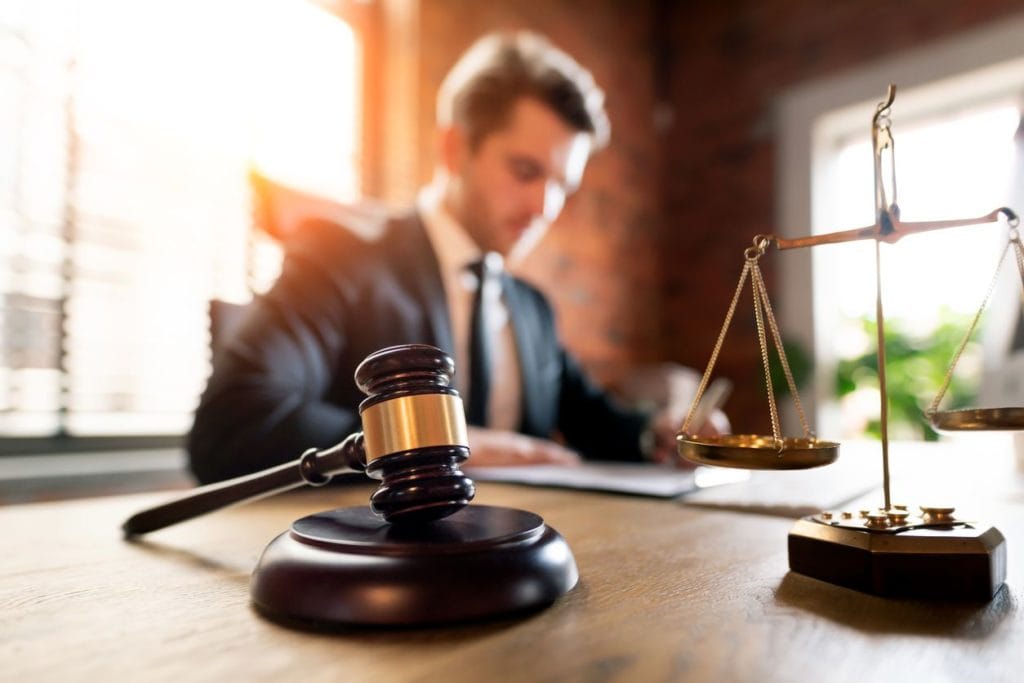
Pursue Your Claim For Slip and Fall Accident with BLG
Slipping on a wet floor can lead to serious injuries and financial hardships. If you’ve been injured due to a wet floor accident, it’s essential to understand your rights and options for seeking compensation. By taking prompt action, gathering evidence, and enlisting the help of a skilled attorney, you can pursue the justice and compensation you deserve. Remember, you don’t have to face this challenging situation alone.
Are you ready to fight for the compensation you deserve after slipping on a wet floor? Don’t let your injuries go unnoticed, BLG is here to help. Our experienced team of personal injury attorneys is dedicated to advocating for your rights and securing the maximum compensation for your damages.
Contact us today for a free consultation.
